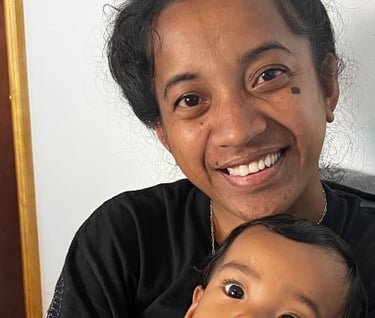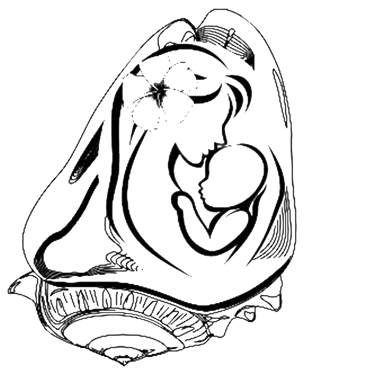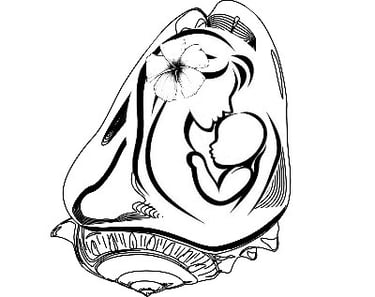Follow-up Screenings: Importance of Follow-Up Hearing Screening
Newborn hearing screening is a procedure conducted before an infant is discharged from the hospital or birthing center. This is a standard of care for all babies born on Majuro and Ebeye. Newborn hearing screening identifies if a baby might have a hearing loss. Some babies are born with certain high risk factors for developing a hearing loss. Your baby may pass the hearing screening before discharge from the hospital or birthing site, but if your baby was born with high risk factors, it is important to bring him back for a follow-up testing by 6 months of age.
If a baby does not pass the newborn hearing screening at the hospital, it is very important to return for a follow-up hearing screening. Not passing the hearing screening does not mean your baby has a hearing loss, but follow-up screening is a step closer to identifying if a baby has a hearing loss. Some babies are born with certain high risk factors for developing a hearing loss. Your baby may pass the hearing screening before discharge from the hospital or birthing site, but if your baby was born with high risk factors, it is important for your baby to get a diagnostic audiological evaluation (DAE) by 6 months of age or sooner, if recommended by your doctor.




